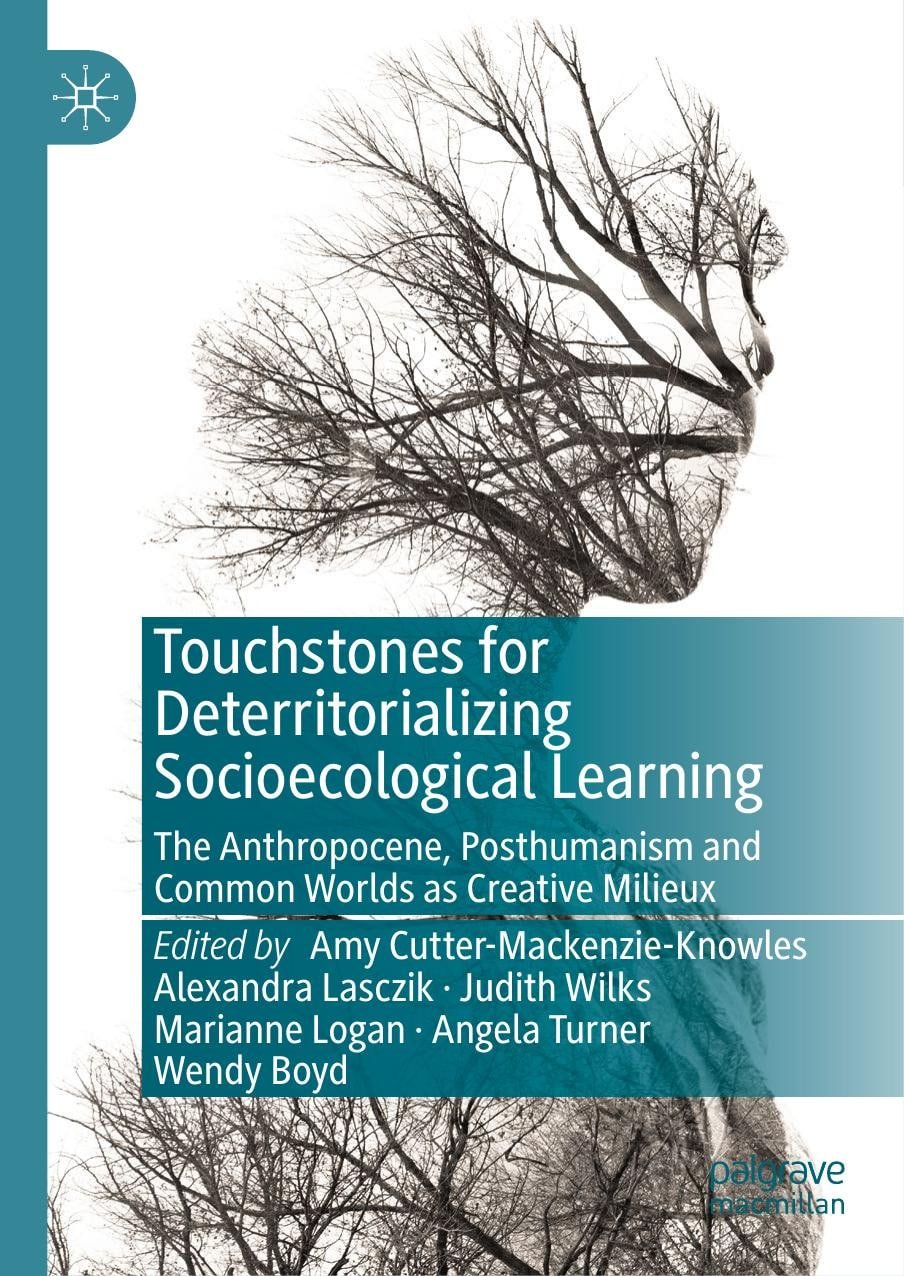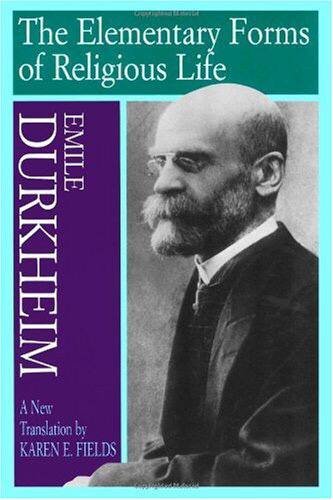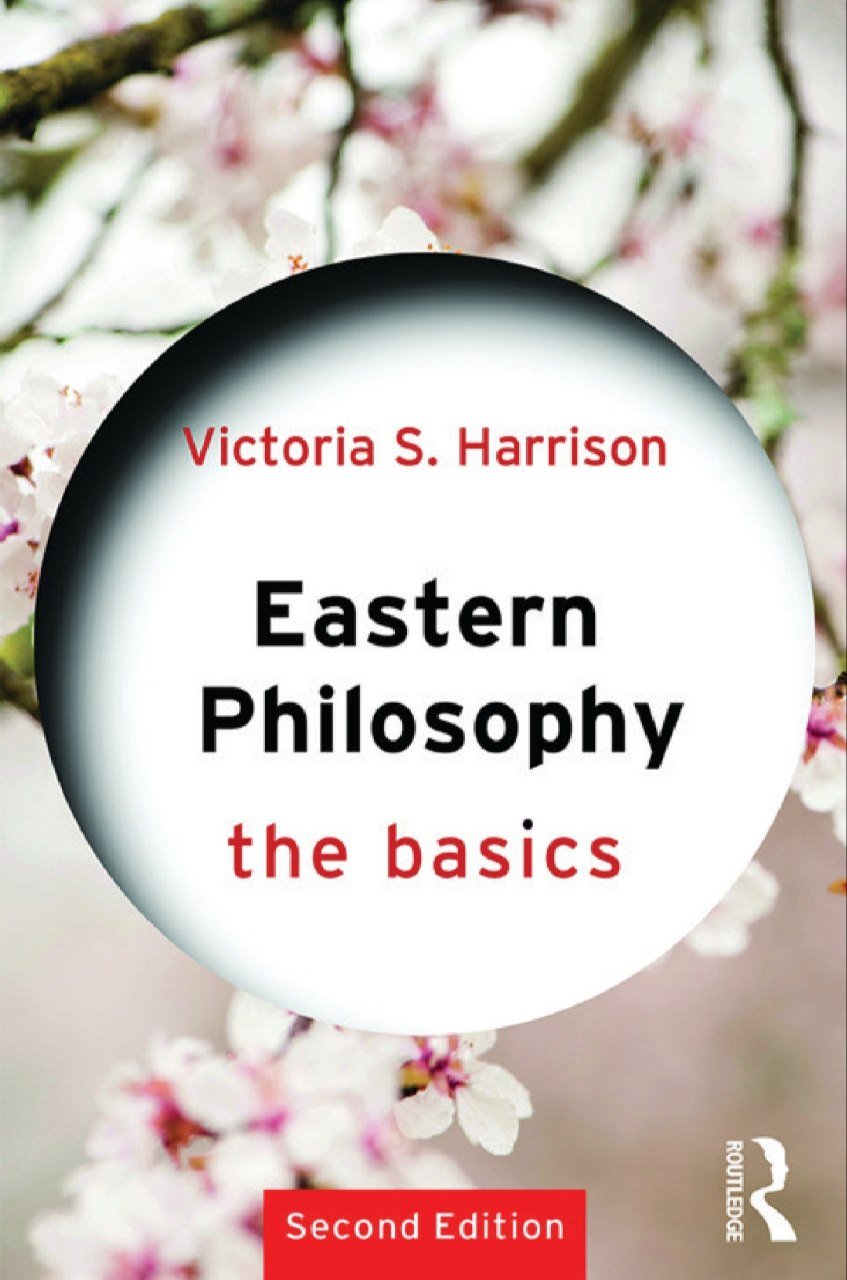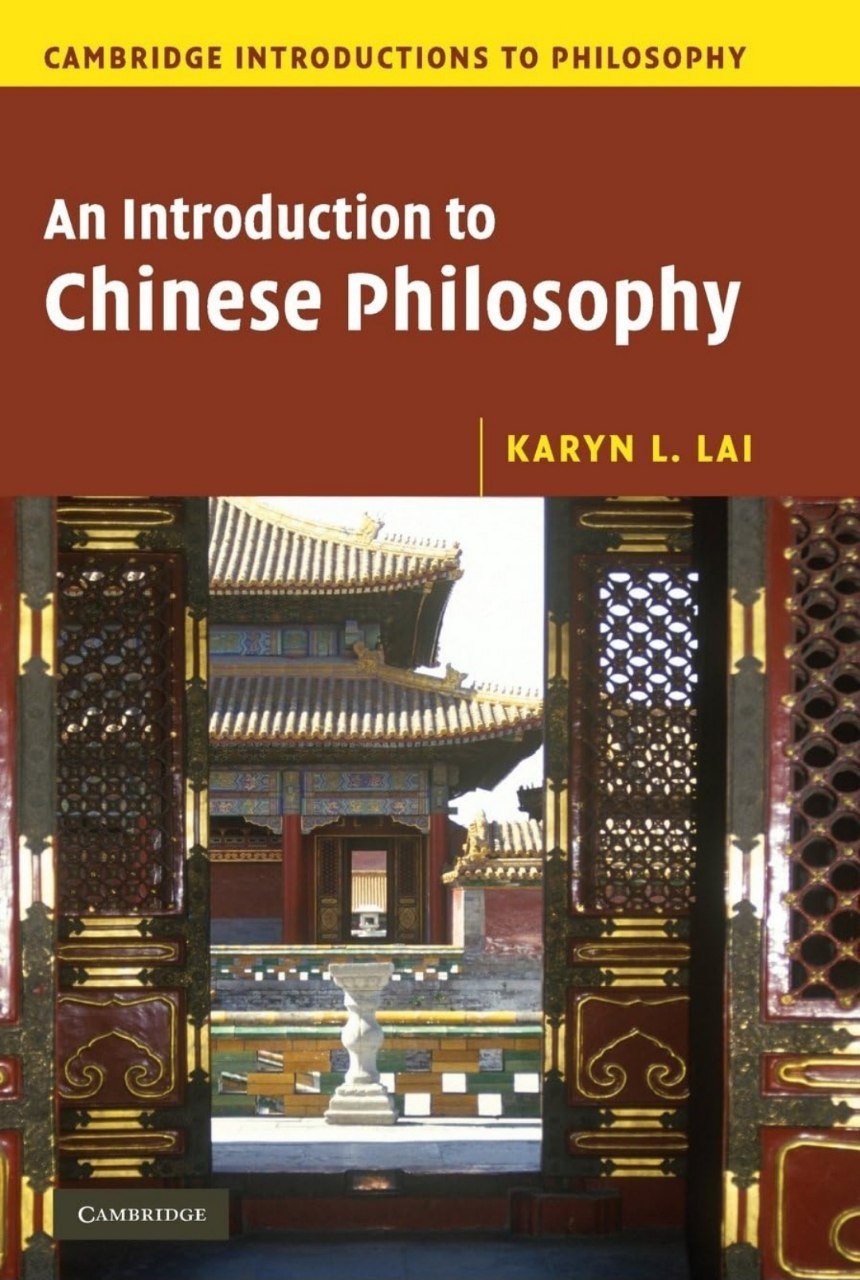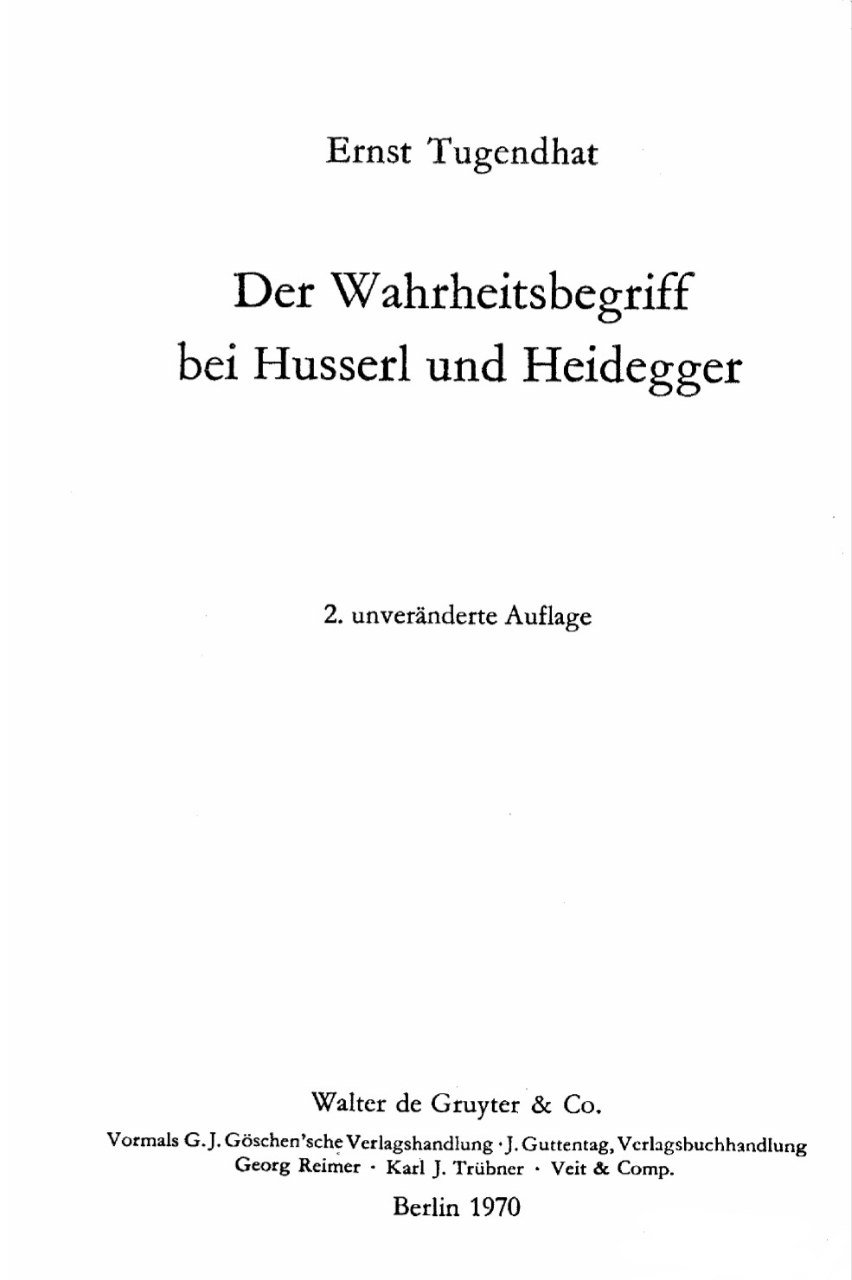

Medieval Philosophy: A History of Philosophy Without Any Gaps, Volume 4
Reviews
No review yet. Be the first to review this book!
Description
Medieval Philosophy: A History of Philosophy Without Any Gaps, Volume 4 by Peter Adamson is an expansive and accessible exploration of the intellectual world that thrived between late antiquity and the Renaissance, covering a rich and often misunderstood era in the history of philosophy. Staying true to his commitment to offering a global and inclusive perspective, Adamson’s fourth volume in his renowned History of Philosophy Without Any Gaps series presents medieval philosophy not as a dark age but as a vibrant period of rigorous thought, cross-cultural exchange, and intellectual innovation. In this book, Adamson covers philosophical developments in the Islamic world, Jewish thought, and Latin Christendom. He introduces readers to pivotal figures such as Augustine, Boethius, Avicenna (Ibn Sina), Averroes (Ibn Rushd), Maimonides, Anselm, Thomas Aquinas, Duns Scotus, and William of Ockham, among many others. Each of these thinkers tackled profound questions about metaphysics, ethics, epistemology, logic, and theology, and Adamson carefully explains their arguments in a way that highlights their philosophical rigor and ongoing relevance. One of the key strengths of this volume is its attention to the interconnectedness of different traditions. Adamson shows how ideas flowed across religious and cultural boundaries, with Islamic, Christian, and Jewish philosophers engaging with the works of Plato, Aristotle, and each other. He explores how Islamic philosophers preserved and transformed ancient Greek philosophy, how Jewish thinkers grappled with the tension between faith and reason, and how Scholastic thinkers in Europe developed complex systems of thought that laid the groundwork for modern philosophy. Adamson also highlights important themes in medieval philosophy, such as the nature and existence of God, the problem of universals, the relationship between faith and reason, ethics, the soul and the afterlife, and theories of knowledge and language. His explanations are clear, engaging, and often accompanied by anecdotes and humor that make complex ideas accessible to a wide audience without sacrificing scholarly depth. Medieval Philosophy challenges the misconception that the medieval period was intellectually stagnant. Instead, Adamson presents it as a time of bold inquiry and debate, where philosophers tackled some of the most difficult and enduring questions in human thought. By situating these thinkers within their historical and cultural contexts, he brings to life a diverse and dynamic era of philosophy that deserves recognition alongside its ancient and modern counterparts. This volume is essential reading for anyone interested in the history of philosophy, medieval studies, religious thought, or the broader history of ideas. Adamson’s approachable style, combined with his thorough scholarship, makes Medieval Philosophy a valuable resource for students, scholars, and general readers alike, fulfilling his promise of a history of philosophy without any gaps.

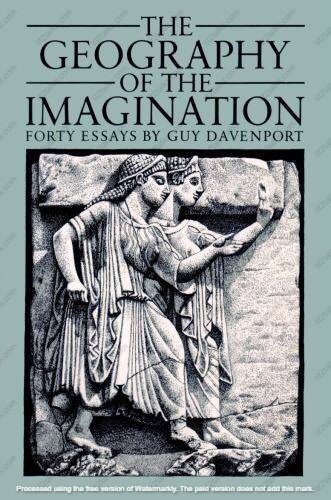
 May 03, 2025
May 03, 2025



 May 03, 2025
May 03, 2025




 May 03, 2025
May 03, 2025
 May 03, 2025
May 03, 2025


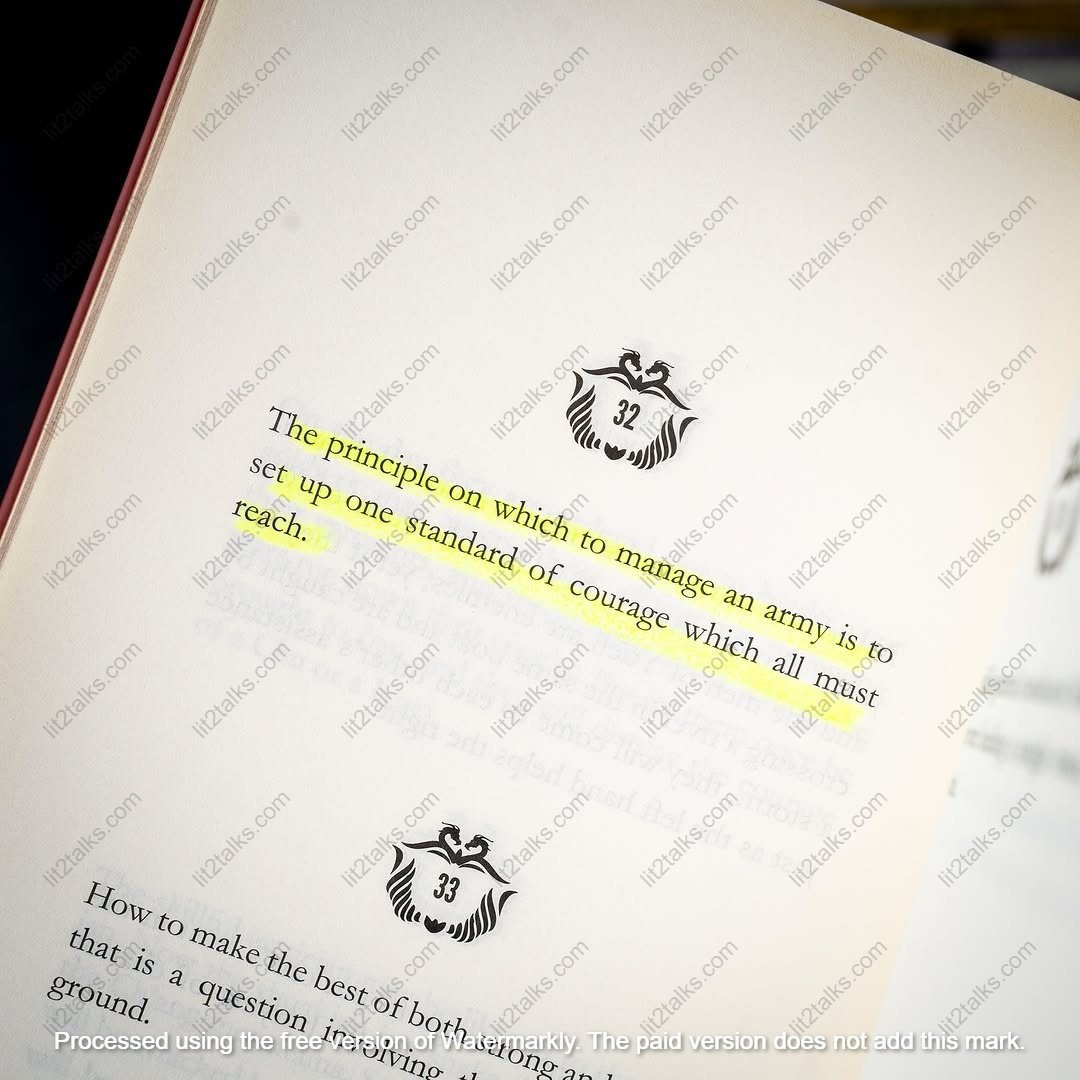





.jpeg)








.jpg)







.jpg)



.jpg)
.jpeg)
.jpg)













.jpeg)













.jpeg)






.png)



.jpg)

.jpg)

.jpg)


.jpg)
.jpeg)




